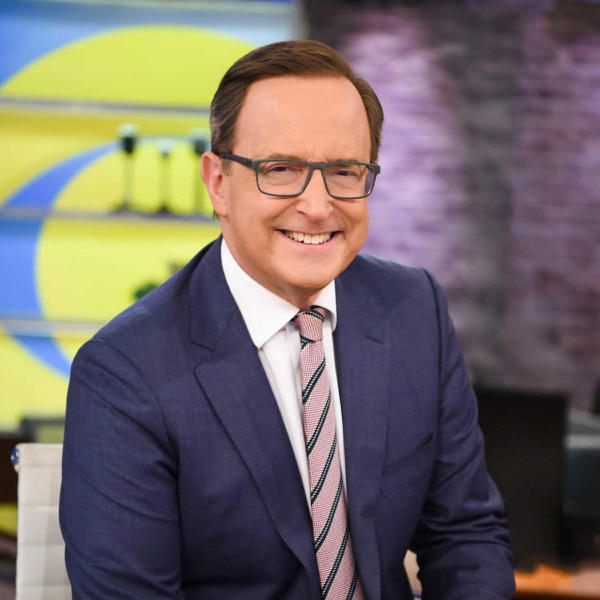Gulf States Help Bankroll U.S. Debt
The oil-rich Persian Gulf has for decades been America's gas station. Now it's becoming our bank, CBS News correspondent Anthony Mason reports.
Bader Al-Sa'ad has never spoken to American television before. He's the managing director of the Kuwaiti Investment Authority, the tiny Gulf nation's national reserve fund, now flush with cash from Kuwait's oil profits.
"You're sitting on over $200 billion," Mason said. "Is that right?"
"By law, I cannot mention any figures," Al-Sa'ad said. "I am prohibited."
Managed from a London trading desk, Kuwait's fund, estimated at $215 billion, is among the biggest in the world. One of Kuwait's biggest investments is U.S. debt.
But is the United States still a good investment?
"Yes, over long term I believe it's a good investment," Al-Sa'ad said.
Forty-four cents out of every dollar our country owes in public debt is now owed to foreign investors - $2.2 trillion worth. That's nearly 10 percent more than just a year ago.
Because our debt at home is growing so fast, we've had to go abroad to borrow from the world's booming economies. The six Gulf states, including Kuwait, sit on $1.7 trillion in cash reserves; China's fund has $200 billion and Russia has $125 billion.
"It changes the nature of the world and the capital markets," said Wall Street dealmaker Gary Parr.
Parr, the deputy chairman of Lazard Freres & Co., has brought together foreign investors and U.S. companies hungry for cash.
"As long as oil is at $100 a barrel and as long as we buy as many goods as we do from China, it is certain that a lot of capital and basically money is going to flow into those markets," Parr said. "And they're going to invest somewhere."
But the surge in foreign investment makes many uneasy.
"There's an awful lot of power that comes with lending money," said University of Chicago professor Charles Wheelan.
He says that power can be political, economic or legal.
"And there is no doubt that many of those things accompany the fact that these sovereign wealth funds are loaning a tremendous amount capital to American business and indirectly to the American government," Wheelan said. "By just being the ones with deep pockets at a time we need to borrow."
When Citibank and Merrill Lynch were hemorrhaging money because of the subprime crisis, they needed cash quick. It was Kuwait that came to the rescue.
"You put $3 billion in Citibank and $2 billion in …"
"Merrill Lynch," Al-Sa'ad said.
"That's a big vote of confidence in those companies," Mason said.
"It is," Al-Sa'ad said.
But as he looks for the best investments for Kuwait, he is growing increasingly concerned for America's free-spending ways.
"You have a fundamental worry about what's happening in the U.S?" Mason asked.
"This is fundamental. This a fundamental issue," Al-Sa'ad said. "This is a structural issue in the U.S. economy."
Nothing concerns him more than out spiraling debt.
"This is a real problem. And if this continues forever then there is a real issue in the U.S. economy. Somebody has to fund this deficit," he said.
For now, it is countries like Kuwait. But when your credit card company gets nervous about your spending habits, it can always raise your interest payment, or cut off your credit.
